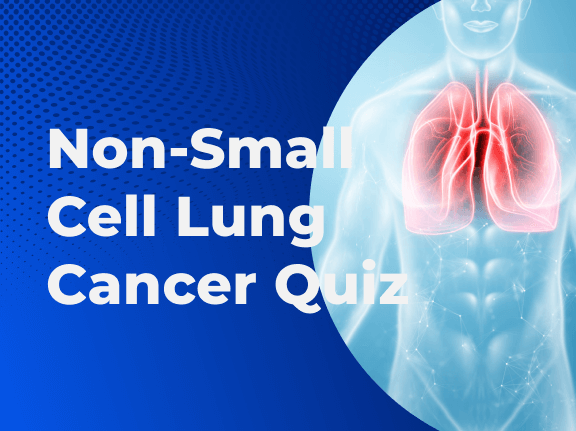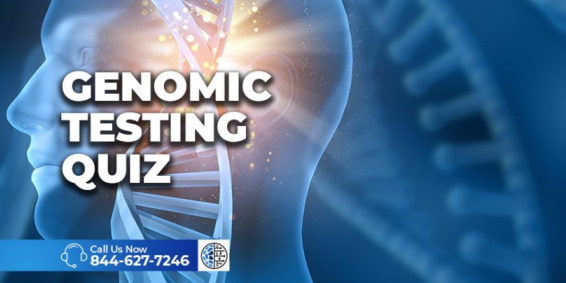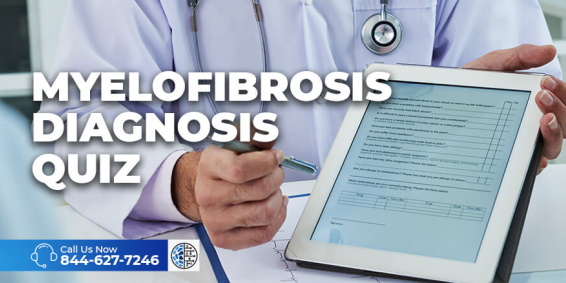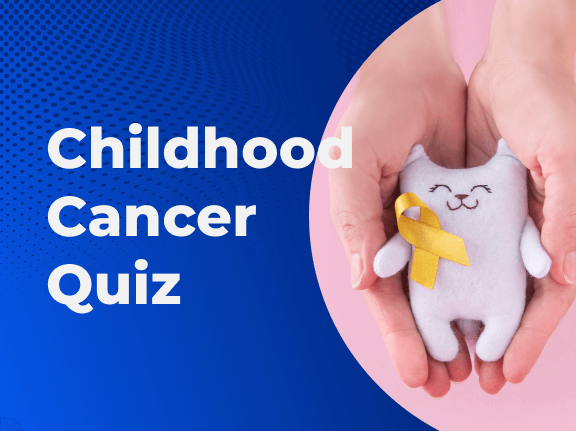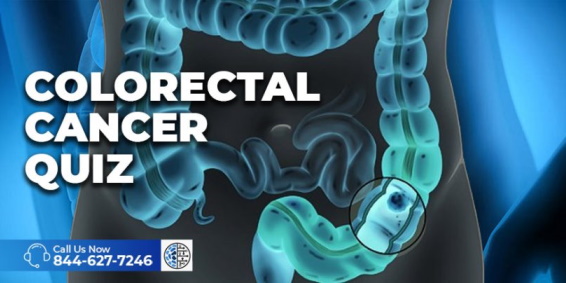
Colorectal Cancer Quiz
This online assessment takes only 2 minutes. It will help you find the right clinical trials for you.

Fiona Evans
We ask this to determine which clinical trials you may be eligible for.
If you need to contact us right away?
Call +1 844 627 7246Your personal data is fully confidential and 100% secure
The Colorectal Cancer Quiz gives background information on the causes, signs, symptoms, and diagnosis of colorectal cancer. Colorectal cancer is both curable and preventable if it is detected in early stages and completely removed prior to the cancerous cells metastasize to other elements of the physique. A majority of colorectal patients are epithelial adenocarcinomas. This disease develops in the lining of the large intestine.
The wall of the colon and rectum is made up of many layers. Colorectal cancers start within the innermost layer and can grow outward through some or all the remaining layers. During versatile sigmoidoscopy, a thin, flexible tube is inserted into the rectum. A tiny video camera on the tip of the tube permits the physician to view within the rectum and most of the lower a part of the colon.
While lung cancer takes the most lives every year, colorectal cancer has the second most deaths of any cancer type within the United States with roughly 50,000 annual deaths. Recent studies have shown that people who smoke have lower survival rate from colorectal cancer than nonsmokers.
What are the Signs & Symptoms of Colorectal Cancer?
The Colorectal Cancer Quiz explains that family history and inherited genetics can be a risk factor. Some signs may be minor or non-existent during the early stages of the illness, though there could also be some early warning signs. The signs of colorectal most cancers may not develop till the disease has progressed into stage II or beyond. Talk with your physician about when you should start regular colorectal cancer screening. Doctors recommend screening tests for individuals with no signs or symptoms to look for signs of colon cancer or noncancerous colon polyps. Finding colorectal cancer at its earliest stage supplies the greatest chance for a treatment to be successful.
Many patients merely have constipation, diarrhea, or bouts of both. A lump at your anal opening may be caused by hemorrhoids, in addition to colorectal and anal cancer. As uncomfortable as hemorrhoids may be, they’re easily treatable and don’t cause most cancers. The stool as thin as a pencil may also need investigation. Other symptoms are similar to many cancer types including unexpected weight loss, fatigue, or cramping.
For most cases of colorectal cancer, a biopsy is the sure way for the physician to know whether or not the body has cancer. In a biopsy, the physician takes a small sample of tissue for testing in a laboratory. In most instances, a biopsy is performed during a colonoscopy. Other common tests that can diagnose colorectal cancer include:
- Blood Test
- CT Scan (Can be combined with a PET scan)
- MRI
- Stool Test
- Ultrasound
Almost Done!
Please complete the required fields and we will send results to your email.
You have completed the quiz.
0 out 0 answers are correct

We ask this to determine which clinical trials you may be eligible for.
Fiona Evans Massive Bio Patient Relations CoordinatorIf you need to contact us right away?
Call +1 844 627 7246Your personal data is fully confidential and 100% secure




